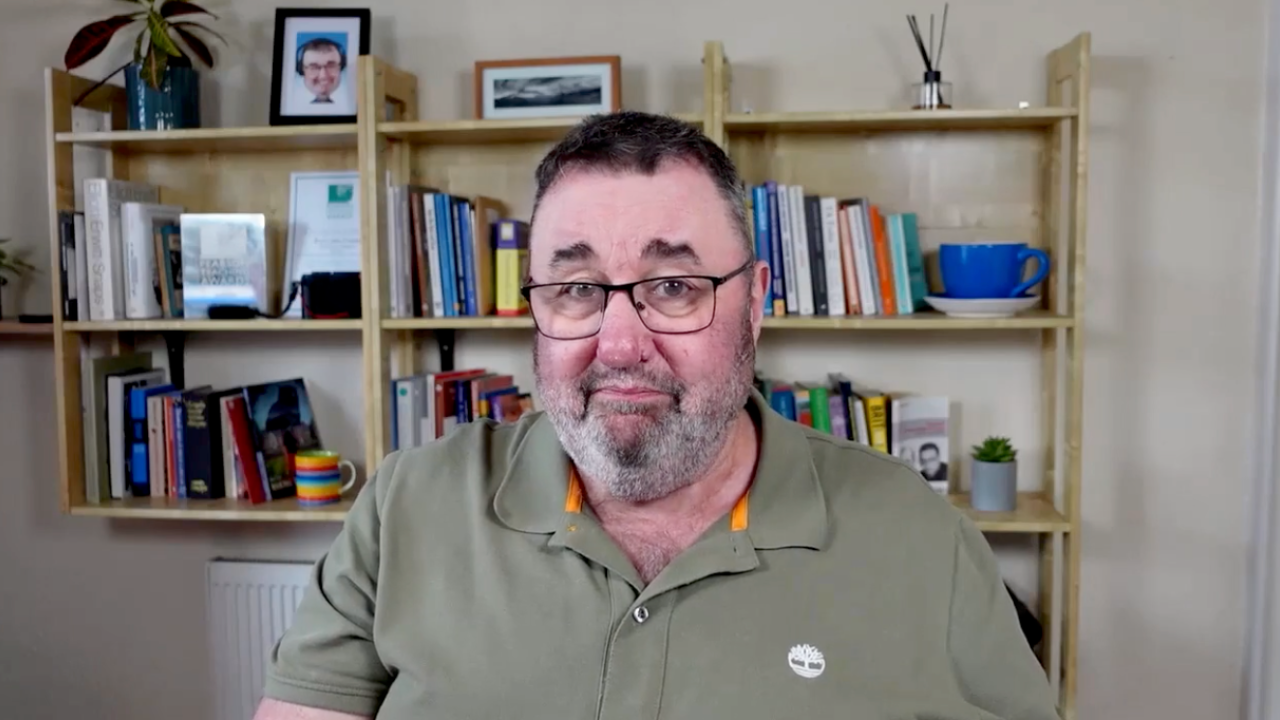Why Confidence Matters in Trauma Therapy

5 Min Read / Listen
In the realm of Counselling and psychotherapy, trauma-informed care is not just a buzzword; it's a transformative approach to therapy that recognises the widespread impact of trauma. It aims to create a safe environment that empowers individuals to regain a sense of control. However, working with trauma is a delicate and often challenging task that requires specialised knowledge and skills. This is where our course on trauma-informed practice comes into play.
According to a recent survey in our Facebook group, an astounding 45% of therapists who took our course reported feeling more confident in their ability to work with trauma-affected individuals.
But why is this statistic so significant?

Knowledge Matters
Firstly, confidence in this context is not mere self-assurance; it's a reflection of competence. Therapists who feel confident will likely have a deeper understanding of the complexities involved in trauma work. This includes recognising the signs and sy...
Trauma-Informed Practice in Person-Centered Therapy: Pros & Cons

Becoming a trauma-informed counsellor involves understanding the effects of trauma and integrating this knowledge into therapeutic practice. In this blog post, we will explore the pros and cons of pursuing a career as a trauma-informed counsellor, specifically focusing on its impact on Person-Centred Therapy.
Pros:
-
Enhanced Empathy and Understanding: Adopting a trauma-informed approach can deepen a Person-Centred counsellor's empathy and understanding of trauma survivors. It allows the counsellor to grasp trauma's complex impact on individuals' lives and helps create a safe therapeutic environment where clients feel heard and validated.
-
Tailored Support for Traumatised Clients By integrating trauma-informed principles, Person-Centred therapists can offer individualized support that acknowledges and addresses the unique needs of trauma survivors. This approach emphasizes collaboration, autonomy, and respect for the client's experience, promoting a sens
...
The lack of trauma-informed training in counselling courses

Recently I conducted a poll in the Counselling Tutor Facebook group.
I asked the question.
"How much trauma-informed Infomation did you receive as a student?"
I posed three possible responses -
- None at all
- Some but not enough
- Well covered
At the time of writing, 100 people had responded (A useful number if, like me, you are poor at working out percentages...)

The responses were as follows -
- None at all, 52% (52 people)
- Some but not enough 41% (41 People)
- Well covered 7% (7 People)
I was not surprised by these figures. Historically initial training has always focused on the meta-models of therapy, such as psychodynamic, Person-Centred, Cognitive Behavioural or an integrative mix of therapeutic models.
These models stand up well to contemporary research, and all who train student counsellors would acknowledge that an in-depth understanding and practice of the chosen model is essential before moving on to more complex and integrative ways of practising.
L...
